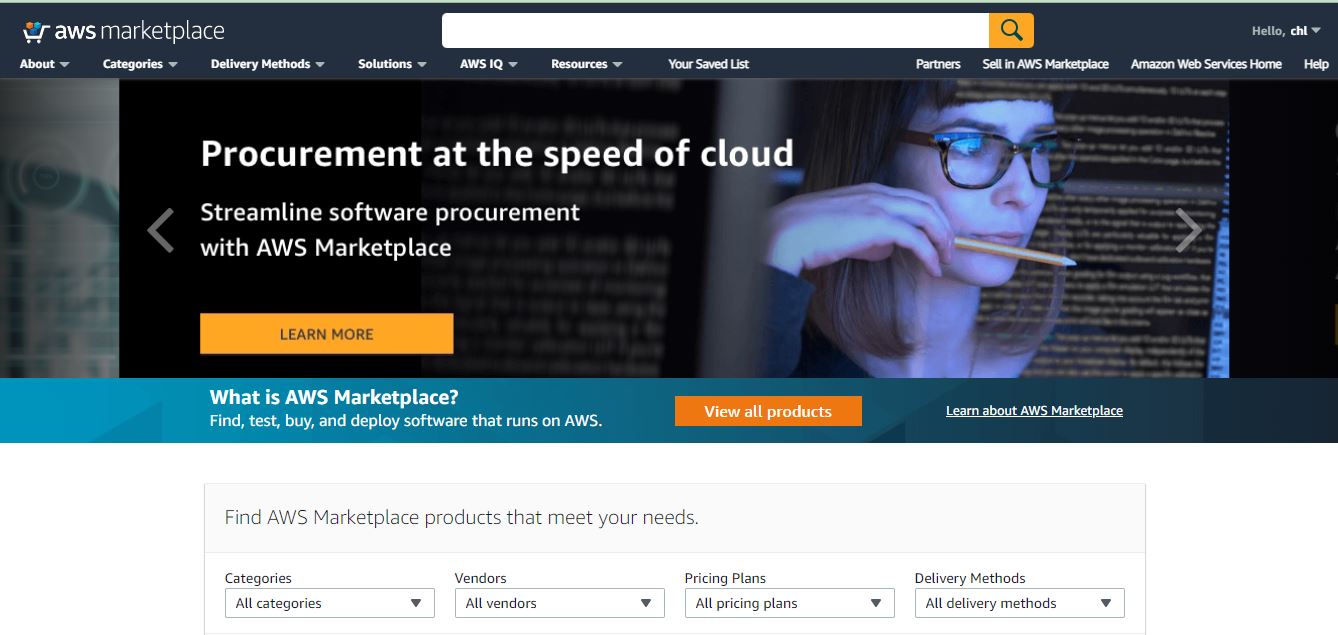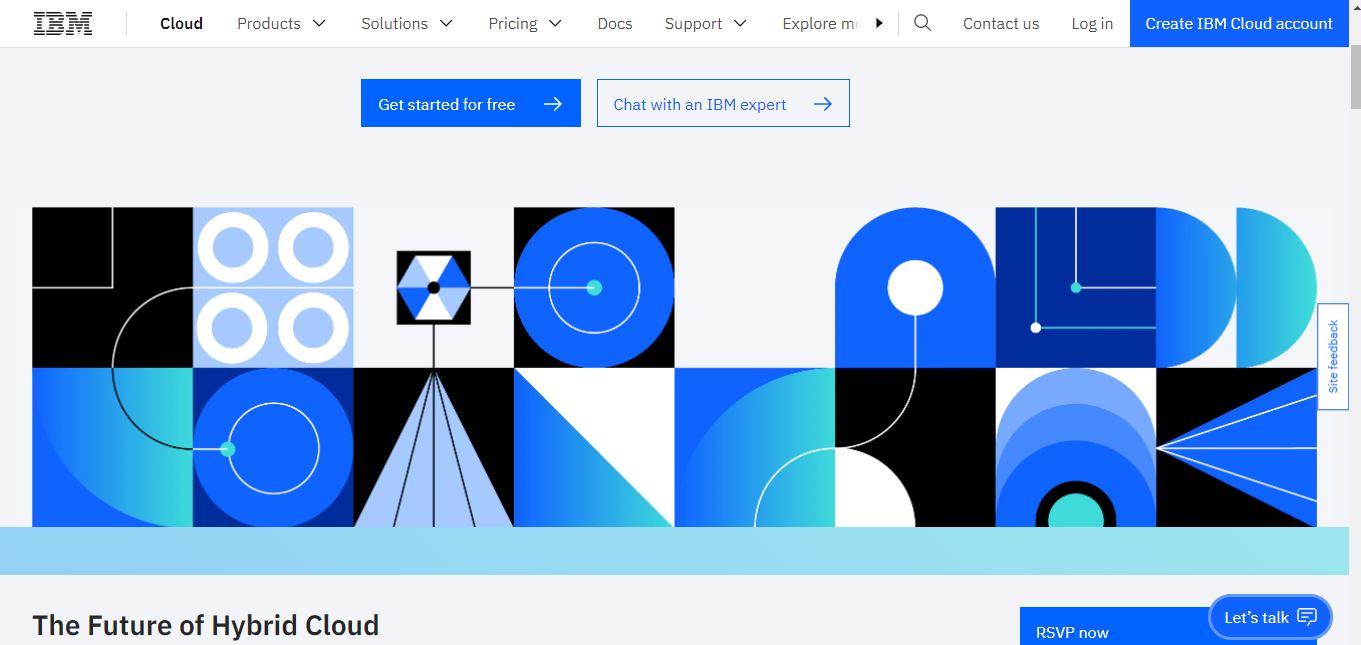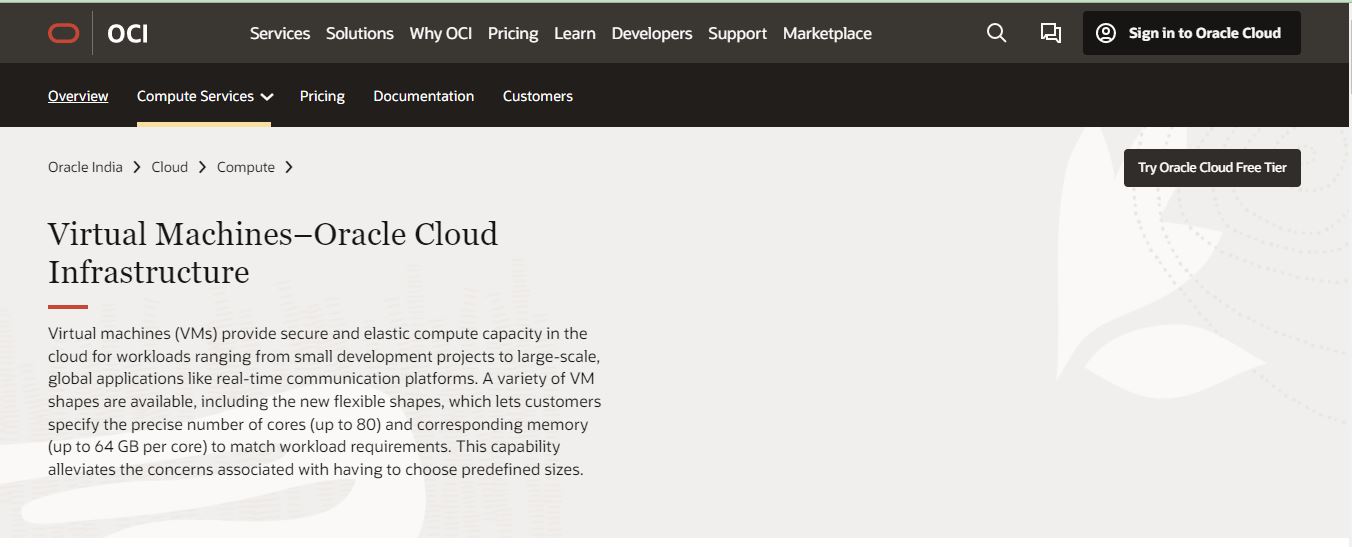Businesses may use the best cloud computing services to undergo digital transformation in order to increase productivity and lower expenses.
IaaS, PaaS, and especially SaaS, which have allowed organizations to construct virtualized IT infrastructure and provide software through the cloud, regardless of a user's operating system, have transformed computing.
Even better, organizations may use cloud brokers to mix and match cloud services from different providers, not only to ensure optimum efficiency and cost-effectiveness but also to eliminate the risk of vendor lock-in while increasing redundancy. This could necessitate additional cloud management.
Because cloud services are delivered through software platforms and virtualized networks, data may be easily accessed and analyzed for analytics and business intelligence reasons. It also makes it easier to simplify all parts of monitoring by using cloud orchestration and cloud logging services to process log files. As a result, IT infrastructure can be properly maintained and patched, while offering insights that would have been considerably more difficult to obtain previously.
loud computing services also have the benefit of being scalable, which means you may not only access additional resources as needed but you will also only be charged for the services you use, eliminating the need to purchase additional resources.
This is especially true when it comes to data storage, as internet cloud storage is essentially endless. You can archive anything else into enormous data lakes for additional processing utilizing AI and machine learning for more insights, even if you're using cloud databases for structured data.
Overall, cloud services have the unrivaled potential for boosting business performance and revenues, and we'll look at the top cloud computing service provider in this article.
MICROSOFT AZURE

(Image credit to Microsoft )
Microsoft Azure was released nearly a decade ago, in 2010. Users can run any service on the cloud or combine it with any existing applications, data center, or infrastructure.
Microsoft Azure provides a wide array of solutions suitable for all types of industry. All your business needs will be taken into consideration. These results in a package better suited for needs.
Azure means there is no need to have physical servers on-site. This reduces the usual costs, such as an onsite server support team.
The Azure Migration Center makes cloud transfers faster and easier. The solution is also compatible with Linux.
Microsoft Azure has a free tier that gives you access to all of the most popular services as well as over 25 'Always Free' services. The costs and plans for Microsoft Azure are all detailed on their website. A cost calculator and a 'Pay as you go' option are available on the page. Each plan can be customized to meet your individual requirements.
AMAZON WEB SERVICE

(Image credit to Amazon )
Amazon Web Services (AWS) is a cloud-based platform for integrating web services to create business solutions. AWS provides a diverse set of IaaS and PaaS services. Elastic Cloud Compute (EC2), Elastic Beanstalk, Simple Storage Service (S3), and Relational Database Service are examples of these services (RDS)
AWS provides significant administrative capabilities using their secure Web client. Users can use this page to access a variety of functions, including encryption key creation and auditing.
AWS allows you to personalize your infrastructure needs. This is much less expensive than setting up shop in your own space. EC2 we services are also available to users. This gives you the flexibility to run and buy servers as needed.
'Pay as you go,' 'Save when you reserve,' and 'Payless using more' are the three pricing models offered by AWS. Users must contact the seller directly for further information about these.
AWS also has a 12-month free tier. You must either choose a premium plan or terminate your AWS subscription once your trial time has elapsed
.
GOOGLE CLOUD

(Image credit to google cloud)
Users can utilize Google Cloud to build business solutions utilizing Google's modular web services. It provides a wide range of services, including IaaS and PaaS.
Users can be confident that anything they build develops, code, or save will be secured thanks to Google Cloud's multi-layered secure infrastructure. This is accomplished through a dedication to transparency and a well-trained engineering team.
To ensure constant performance and control, Google Cloud offers a number of solutions. Compute Engine, App Engine, Container Engine, Cloud Storage, and Big Query are among them. Google also offers a simple transition to virtual machines with a variety of price options.
In comparison to other big revivals, Google claims to be the leader in terms of pricing, and you can try the service for free.
IBM CLOUD

(Image credit to IBM )
IBM Is a suite of cloud computing services provided by IBM, the namesake technology behemoth. Platform as a service, software as a service, and infrastructure as a service are all included in the solution.
IBM Cloud provides a diverse set of services. They aren't entirely cloud-based: it includes both virtual and hardware-based servers, as well as public, private, and management networks.
You have comprehensive infrastructure management because hardware and virtual-based servers are merged into one on-demand cloud platform. 'Bare metal' is how IBM refers to its hardware servers. These provide clients with complete control over their servers. This significantly increases performance by reducing the 'noisy neighbor' effect.
A single system integrates and manages IBM Cloud, which can be accessed via a web portal, API (Application Programming Interface), or mobile apps. Blue mix, IBM Cloud's development solution, includes a variety of cloud SaaS management capabilities.
Full server customization is also available through IBM Cloud. This means that everything on the server has been hand-picked by you. You won't have to pay for features you'll never use this way.
ORACLE CLOUD INFRASTRUCTURE

(Image credit to Oracle)
Oracle Cloud Infrastructure is another cloud service from a computing powerhouse, and it's a strong and feature-rich platform, as you'd expect. In a recent Forrester evaluation, Oracle's services were praised for their ability to serve a variety of workloads, including IoT, OLTP, microservices, and AI and machine learning applications. Cloud architecture and data storage are the two main service provisions accessible.
The Oracle Data Cloud is largely for generating big data analytics for business intelligence insights, whereas cloud architecture comprises data management, databases, and applications. Oracle also offers a number of SaaS (Software as a Service) platforms, including human capital management, enterprise resource planning, supply chain management, and social media management.
As one might think, there is a lot of promise in adopting Oracle's cloud services, but they are more geared toward enterprise demands than small firms or individuals.
Load balancing, monitoring, and notifications, as well as two, compute VMs, block, object, and archive storage, and load balancing, monitoring, and alerts.
Aside from a 30-day free trial, Oracle Cloud also offers a free service tier that includes unrestricted access to two autonomous databases (Oracle Application Express (APEX) and Oracle SQL) for individuals who sign up.


Comments